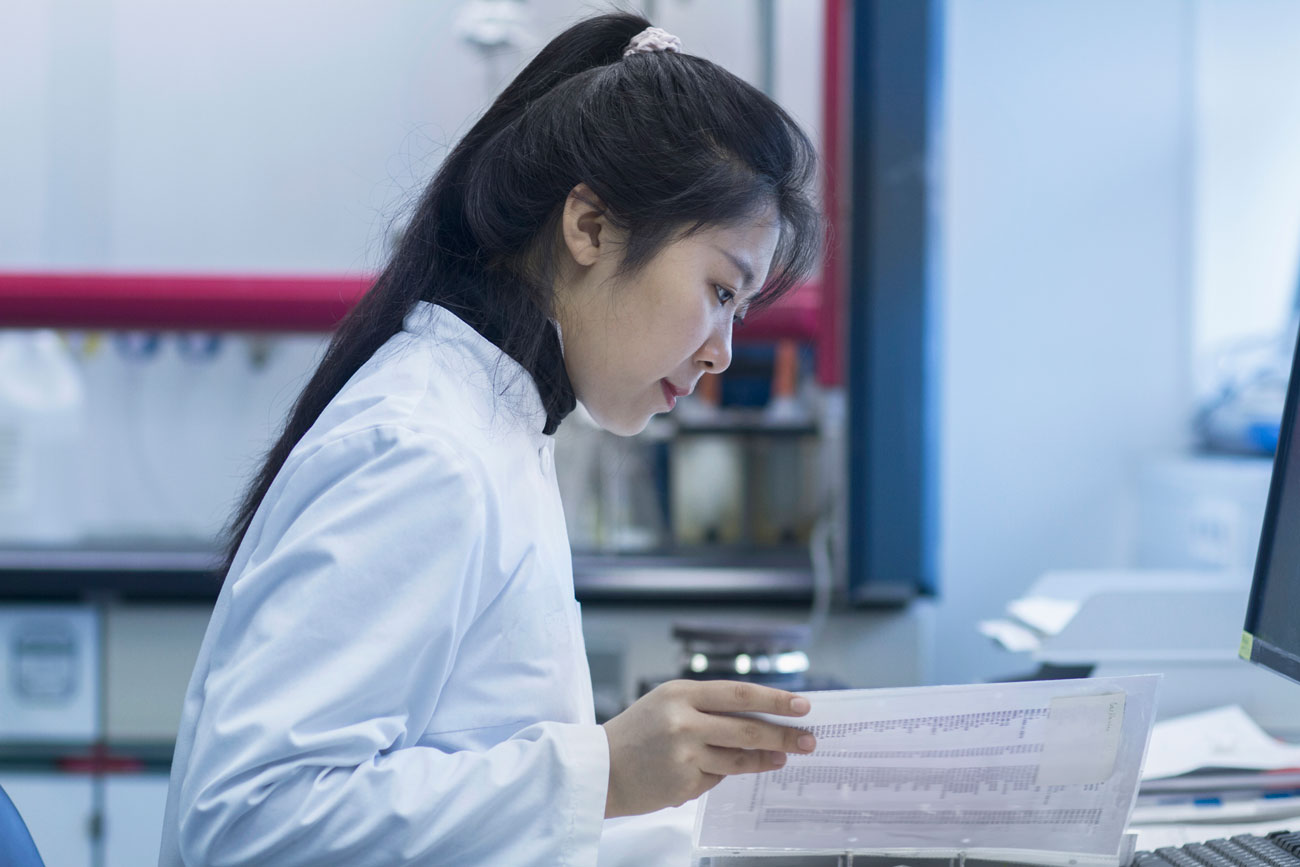On January 29, 2020, we announced the launch of AI for Health, an initiative to advance the health of people and communities around the world. This five-year commitment was created to empower nonprofits, researchers and organizations with AI and data science tools.
Since then, the world has changed. As of the time of writing, the COVID-19 virus has infected more than 1.4 million people around the world. The crisis has made it painfully clear that health transcends every border, impacting every person on the planet.
Given the urgency, we are mobilizing our AI for Health initiative to focus on helping those on the front lines of research of COVID-19. We’re focusing our efforts in five specific areas where we think data, analysis and the skills of our data scientists can have the biggest impact. And we’re immediately dedicating $20 million to this specific effort.
This is part of Microsoft’s larger commitment toward fighting COVID-19, as we are working to support remote education and empower students around the world, enabling businesses to work from home, securing needed medical supplies and supporting local communities. We hope this added commitment empowers researchers and organizations to solve this crisis.
The work to fight COVID-19 is already underway. A handful of key partnerships include:
• The COVID-19 High Performance Computing Consortium, a private-public effort spearheaded by the White House Office of Science and Technology Policy, for which Microsoft is providing researchers access to the world’s most powerful computing resources, which can significantly speed the pace of scientific discovery in the fight to stop the virus. Around the world, Microsoft’s research scientists, spanning computer science, biology, medicine and public health, are collaborating on projects in the consortium
• The Institute for Health Metrics and Evaluation (IHME), a global health research organization at the University of Washington School of Medicine, is releasing a set of COVID-19 data visualizations and forecasts that the White House, FEMA, governors and hospital administrators have started using to mobilize resources
• The Washington State Department of Health is working on a new dashboard that aims to increase timeliness, accuracy and speed of data reporting to the public. The dashboard relies on data reported by local health jurisdictions, healthcare facilities and labs
• Folding@home, a global organization that uses distributed computing is researching COVID-19 proteins that could help with designing therapeutics
• The Sepsis Center of Research Excellence (SCORE-UW), part of the University of Washington’s Department of Medicine, is a global collaboration between a network of hospitals, industry, blood banks, universities and funding partners. Using clinical data, radiologic imaging and other patient biomarker responses, SCORE-UW is developing novel algorithms to predict, and improve, healthcare and socioeconomic outcomes of COVID-19 positive patients
• Take, the Brazilian leader in chatbots and the smart contacts market, developed a bot to bring official and credible information to the public and connect potential patients to medical teams to avoid overloading Brazilian hospitals
AI for Health COVID-19 focus areas
Given the global scale of the pandemic, technology will play a critical role in nearly every facet of addressing COVID-19, from using AI to crunch massive datasets to analyzing disease vectors and identifying treatment impacts. We will collaborate with nonprofits, governments and academic researchers on solutions, and bring our experience to the table, providing access to Microsoft AI, technical experts, data scientists and other resources.
Our efforts to support COVID-19-related research efforts will focus on five areas:
• Data and insights to inform for people’s safety and economic impacts
• Treatment and diagnostics, enabling research to further the development of vaccines, diagnostics and therapeutics
• Allocation of resources, including recommendations on the allocation of limited assets, such as hospital space and medical supplies
• Dissemination of accurate information to minimize misinformation sharing
• Scientific research to study and understand COVID-19.
My colleague Eric Horvitz, Microsoft’s Chief Scientific Officer, sums it up nicely, “Data and computation will help light the path to mitigating the pandemic. We’re passionate about aiming our computing resources and expertise at empowering those with the most promising directions, including efforts in biomedicine, logistics, epidemiology and public health.”
Understanding and tracking our progress against COVID-19
We want the world to better understand COVID-19. As such, we have developed a set of interactive visualizations, available below, so everyone has full transparency into the scope of the problem and the progress we are making together to heal the world. We will continue to update and refine this visualization with new data and insights.
COVID-19 is a global problem and finding a solution will take all our efforts. We are humbled and honored to work with researchers across the globe and support them with this additional dedicated support from AI for Health.

